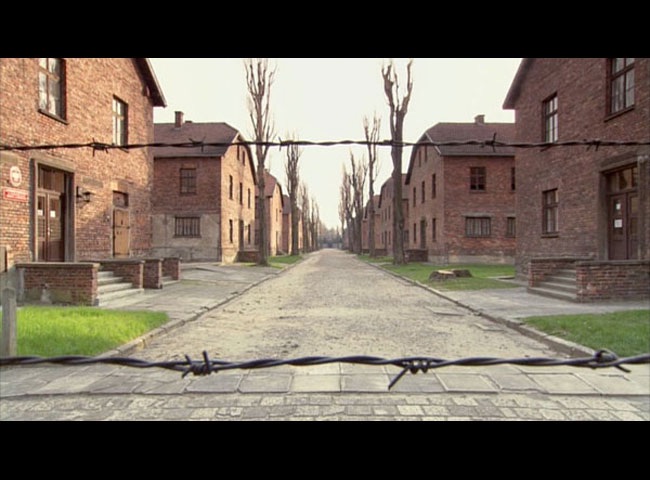Auschwitz, premiers témoignages
-
Réalisé par Emil Weiss • Écrit par Emil Weiss
-
France • 2010 • 77 minutes • HDCam • Couleur
- Réalisation :
Emil Weiss - Écriture :
Emil Weiss - Image :
Jean-Louis Porte - Son :
Jean-François Priester - Montage :
Florence Bresson
- Production (structure) :
MW Productions - Michkan World Productions - Diffuseur :
ARTE France - Participation :
CNC. COSIP, FMS - France Movie Services, Ministère de la Défense, Scam - Brouillon d'un rêve - Ayant droit :
MW Productions - Michkan World Productions
- N° ISAN :
ISAN 0000-0002-87A4-0000-T-0000-0000-O
Résumé
Ce film met en scène quatre témoignages, écrits dès 1945. Ils décrivent le mode opératoire d’Auschwitz en tant que complexe concentrationnaire ainsi que l’itinéraire des victimes dans le processus de destruction mis en œuvre dans les différents sites.
Cette immédiateté entre les événements vécus et leur rédaction donne à ces témoignages toute leur singularité et nous permet d’approcher au plus près la réalité d’Auschwitz et de ceux qui n’y ont pas survécu. Le parti pris de réalisation est précisément celui de toute absence humaine à l’écran.
This film presents four testimonies describing how the Auschwitz concentration complex worked and how the victims passed through the destruction process implemented on the different sites.
Dr. Klein’s testimony relates to Auschwitz I, the concentration camp, and to the Rajsko biomedical research laboratories; those of Suzanne Birnbaum and Dr. Robert Lévy describe Auschwitz II Birkenau, the concentration camp and above all the extermination camp; and the testimony of Dr. Robert Waitz concerns Auschwitz III Monowitz, the camp that provided labour for the “Buna” factory owned by the largest German petrochemical group IG Farben. Together they encompass the four activities which converged to determine the specific nature of Auschwitz: concentration, extermination, industry and science. These documents were written during the days following their authors’ return from captivity.
The immediacy between the events experienced and their relation makes the testimonies completely unique, bringing us close to the reality of Auschwitz and to the people who did not survive there. The choice in making this film was precisely the complete absence from the screen of any human beings.
Sélections et distinctions
- 2010 • Images en bibliothèques • Paris (France) • Film soutenu par la Commission nationale de sélection des médiathèques
- 2010 • États généraux du film documentaire • Lussas (France) • Incertains regards
Comment avoir accès au film ?
-
Édition DVD
- Il n'existe pas d'édition DVD à notre connaissance
-
Accès VOD
- Il n'existe pas d'accès en VOD à notre connaissance
- Diffusion non commerciale / Consultation

